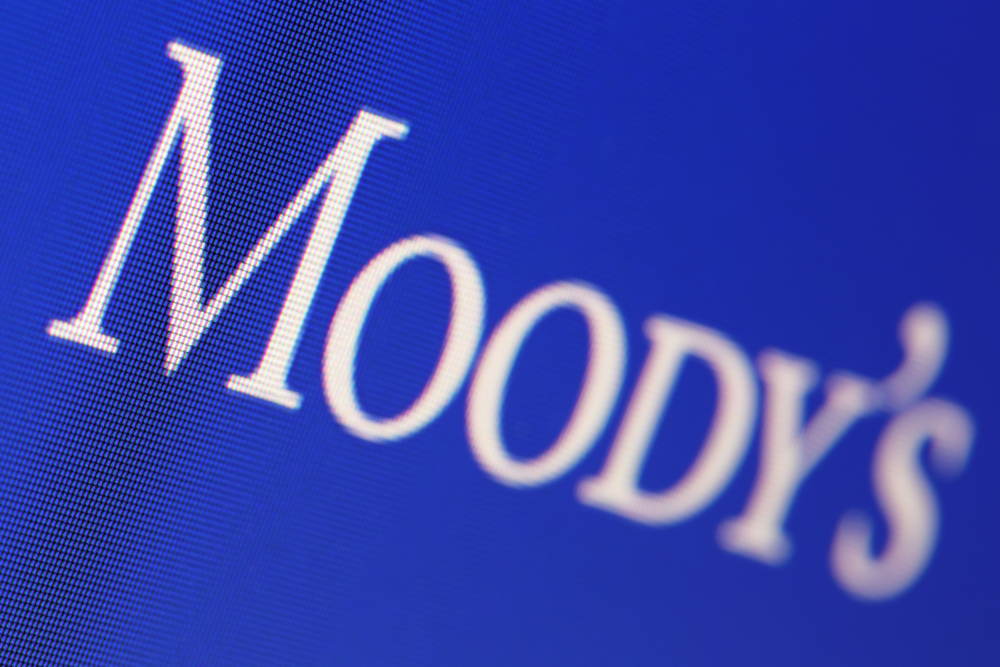RIYADH: Ratings agencies Fitch and Moody’s downgraded Russia by six notches to “junk” status, saying Western sanctions threw into doubt its ability to service debt and would weaken the economy.
Highlights:
Russian economy
- The ruble fell sharply at the start of currency trading, reaching 100.96 to the dollar, compared to 83.5 on Wednesday, the day before the invasion of Ukraine, and 113.52 to the euro, compared to 93.5 before the assault
- Sanctions imposed on Russia have significantly increased the chance of the country’s defaulting on its dollar and other international market government debt, analysts at JPMorgan and elsewhere said on Wednesday.
- Russian companies are rushing to open Chinese bank accounts, following sanctions from western countries.
- Russian stocks and bonds are now "in the realms of utterly uninvestable," the CEO of Schroders, Peter Harrison, told Reuters on Thursday.
Motor Industry
- Volkswagen has stopped car production in Russia. The company suspended all shipments with immediate effect.
- Ford and Renault, have also paused production in Russia.
- Jaguar Land Rover and Volvo said they are temporarily stopping shipments to Russia.
Oil
- Brent crude or London crude soared again on March 3, touching $120 a barrel, the highest in nine years, according to a Reuters report.
- US WTI Futures crude soared to $115.64 a barrel, its highest since September 2008.
Credit Ratings
- The invasion has triggered a flurry of credit rating moves and dire warnings about the impact on Russia’s economy. S&P lowered Russia’s rating to junk status last week.
Indexes
- Index providers FTSE Russell and MSCI announced on Wednesday that they will remove Russian equities from all their indexes, after a top MSCI executive earlier this week called Russia’s stock market “uninvestable.”
- FTSE Russell said the decision will be effective from March 7, while MSCI said its decision will be implemented in one step across all MSCI indexes as of the close on March 9.
- MSCI said it is also reclassifying MSCI Russia Indexes from emerging markets to standalone markets status.
- Russia has a weighting of 3.24 percent in MSCI’s emerging market benchmark and a weighting of around 30 basis points in the index provider’s global benchmark.
International reaction
- French customs officials have seized another cargo vessel for alleged connection with sanctioned Russian entities.
- Italy has stopped funding for the Arctic LNG 2 project which is worth $21 billion, according to a Reuters report.
- India-Russia trade comes to a standstill as banks are not processing payment documents, CNBC reports.
- Japan is all set to freeze the assets of four additional Russian banks, said Finance Minister Shunichi Suzuki.
- German authorities seized the $600m superyacht belonging to Russian billionaire Alisher Usmanov, Forbes reports.
- Japan Airlines Co Ltd and ANA Holdings Inc decidse to cancel all flights to and from Europe on Thursday, citing safety concerns.
Energy impact
- Finnish energy company Fortum to stop all new investments in Russia, according to a Reuters report.
- Rising energy prices due to Russia's Ukrainian invasion will heighten the risk of inflation in Asia: Moody's.

Fitch and Moody's
Fitch downgraded Russia to “B” from “BBB” and placed the country’s ratings on “rating watch negative.” Moody’s, which last week had flagged the possibility of a downgrade, also cut the country’s rating by six notches, to B3 from Baa3.
Fitch said the only other precedent to such a large six-notch downgrade on a single sovereign entity was South Korea in 1997.
“The severity of international sanctions in response to Russia’s military invasion of Ukraine has heightened macro-financial stability risks, represents a huge shock to Russia’s credit fundamentals and could undermine its willingness to service government debt,” Fitch said in a report.
Fitch said that US and EU sanctions prohibiting any transactions with the Central Bank of Russia would have a “much larger impact on Russia’s credit fundamentals than any previous sanctions,” rendering much of Russia’s international reserves unusable for FX intervention.
“The sanctions could also weigh on Russia’s willingness to repay debt,” Fitch warned. “President Putin’s response to put nuclear forces on high alert appears to diminish the prospect of him changing course on Ukraine to the degree required to reverse rapidly tightening sanctions.”
Fitch said it expects further ratcheting up of sanctions on Russian banks.
Moody’s said on Thursday the scope and severity of the sanctions “have gone beyond Moody’s initial expectations and will have material credit implications.”
The sanctions imposed by Western countries will also markedly weaken Russia’s GDP growth potential relative to the ratings agency’s previous assessment of 1.6 percent, Fitch said.
“In this case, the sanctions-driven frozen/falling assets tail-wagged the ratings dog,” analysts at Mizuho wrote. They added that “ratings and benchmark risks revealed may compound further capital exodus as benchmark funds are forced to liquidate rather than hold.”
Russia has responded to the sanctions with a range of measures to shore up its economic defenses and retaliate against Western restrictions. It hiked its main lending rate to 20 percent, banned Russian brokers from selling securities held by foreigners, ordered exporting companies to buttress the rouble, and said it would stop foreign investors selling assets.
The government also plans to tap its National Wealth Fund (NWF), a rainy day cushion, to help counter sanctions.












